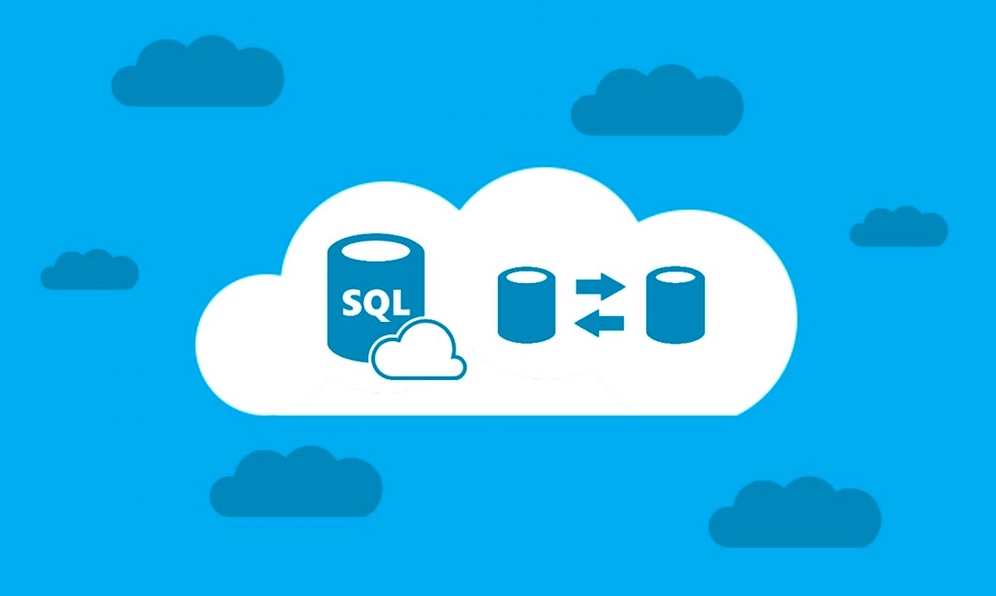
The Microsoft SQL Server environment is one of the go-to data management systems for companies in a host of different industries, and as such certified administrators are in demand and handsomely paid for their services. The MCSA SQL Server Certification Training Bundle can get you up and running with Microsoft SQL Server and help demonstrate your knowledge to potential employers -- all for $19.
Across two comprehensive courses, this collection will prepare you to ace two core Microsoft certification exams: 70-764 and 70-765, which demonstrate that you can administer a Microsoft SQL Server 2016 server and provision databases on Microsoft SQL Server 2016 and Microsoft Azure.
Make your way across more than 50 hours of training, and you'll learn how to configure data access, permissions, and auditing, perform encryption on server data, and a myriad of other skills to help you ace the exams. TechSpot readers can get the MCSA SQL Server Certification Training Bundle on sale for $19, saving more than 90 percent off the usual price.
Note: TechSpot may receive a commission for sales from links on this post through affiliate programs.
https://www.techspot.com/news/74439-validate-skills-microsoft-sql-server-courses.html